Blockchain technology is really popular in today’s tech world. Even big companies like Google and Apple also take part in this realm.
As a blockchain developer, I know how challenging this job is. But it brings me joy. I have a chance to work on cutting-edge technologies to grow my company.
How to become a blockchain dev? If you are interested, I will be glad to share my journey. So join me and learn what you need to step into this world!
Overview
Blockchain development means building blockchain systems and apps. In fact, it finds the special functions of blockchain technology to solve specific problems. And the blockchain developer is in charge of this task.
Who Is a Blockchain Developer?
A blockchain developer uses blockchain technology to create decentralized apps (dApps) and intelligent contracts. They are also responsible for building 3D models and content for the apps.
The blockchain developer excels in programming languages like C++, Python, or Java. They use their coding skills to develop blockchain protocols.
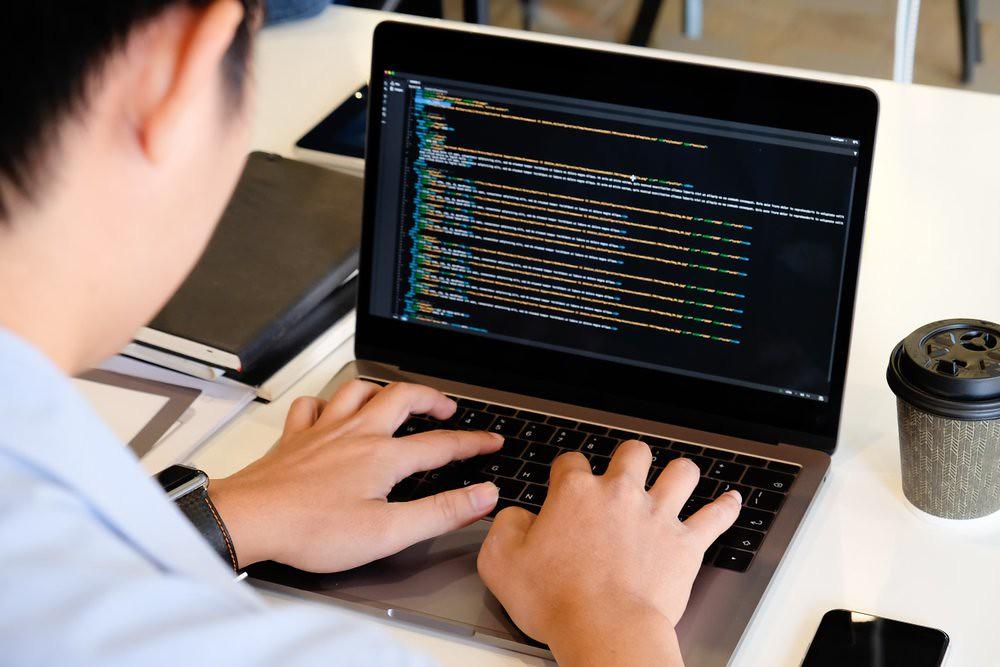
Duties and Responsibilities
I’m a blockchain developer. I work with this technology daily, but it’s never boring because I perform different tasks on it. For example:
- I design and develop blockchain solutions. It means I have to deal with the architecture and design of dApps.
- I also create smart contracts that can automate complicated business tasks.
- Coding is a big part of my workday. I use different programming languages to build blockchain apps and protocols.
- After developing the apps, I test them to ensure they work as expected. Otherwise, I have to find the causes of their malfunctions and fix them.
- Since this industry is evolving, I have to stay up-to-date with the newest technologies. My boss often sends me to blockchain conferences for this reason.
Working Environments
I’m working for a technology company. Yet, data service businesses also need blockchain developers.
Since I’m a full-time blockchain developer, I work about 40 hours a week. If there are too many deadlines, my weekends will be busy, too.
You can also become a freelancer. This way, your schedule will be more flexible. However, you must find clients yourself, which can be challenging for new blockchain developers.
Popular Blockchain Developer Certifications
Employers prefer blockchain developers with these certifications:
- CBD (Certified Blockchain Developer): This course teaches you about blockchain development and how to use it. By the end of the training program, you will take an exam to show you can develop blockchain solutions and implement smart contracts.
- CED (Certified Ethereum Developer): CED is similar to CBD, as it covers many blockchain concepts. Yet, it focuses more on dApps.
How To Become A Blockchain Developer
To become a blockchain developer, you need to work on your education, skills, and experience. Here are eight steps to succeed!
1. Understand the blockchain fundamentals
Firstly, learn what blockchain is and what you will use it for. The blockchain fundamentals form a foundation for the apps and solutions you will build.
When discovering this major, you will also know what skills to work on. For example, once you are good at programming, your journey will be a lot easier. It’s because you need to be a software developer before heading to the blockchain developer position.
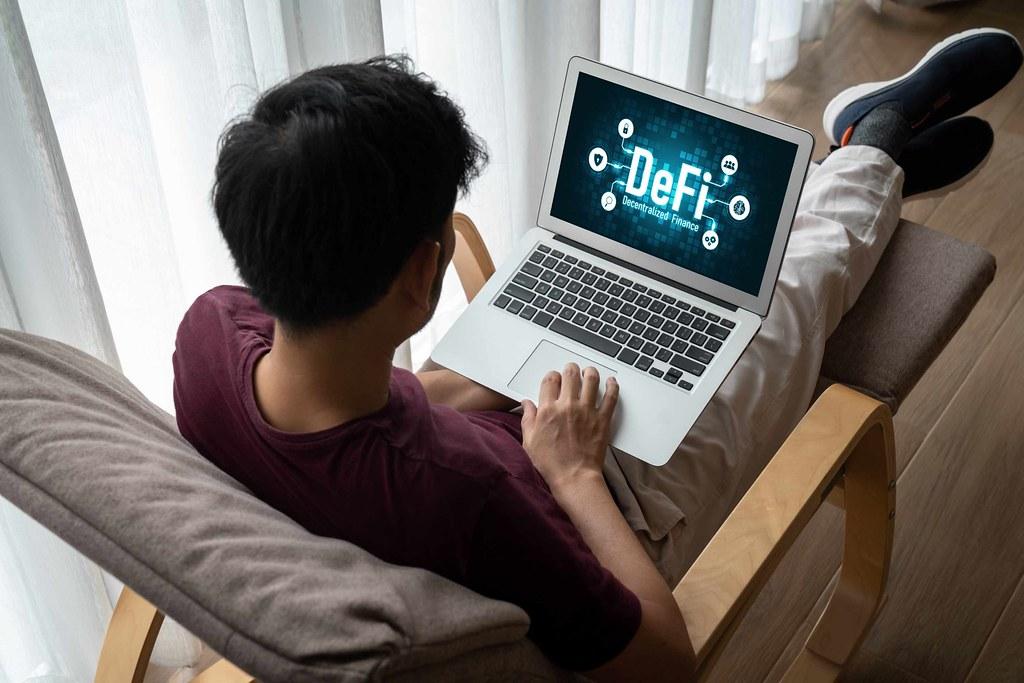
2. Develop essential skills
Do you have all the essential skills in mind? Feel free to explore yourself with what you excel in. Yet, as a blockchain developer, you should have these skills:
Programming
Programming is really important. You should learn Python first. Because of its flexibility, this programming language is a popular option in blockchain.
After mastering Python, you should consider learning other languages. I recommend going with Java, Solidity, and PHP.
Cryptography
Cryptography ensures that only authorized people can access the content. Thus, I like using it to enhance the security of my apps. You should learn it, too. Security is a crucial part of software development, including blockchain.
Databases
A blockchain contains a lot of data. Importantly, it may include essential transactions. And as a blockchain developer, you have to use databases to keep track of every detail in the transactions.
Networking
You will also work with networking. More specifically, you have to link different devices and computers to form a blockchain network.
The connection you create can help different components of the network interact with each other smoothly. For example, they can transfer data without data leaks or interruptions.
Data structures
You must learn data structures because they allow you to develop a blockchain platform. They also help you build a solid background in cryptography.
Blockchain architecture
Finally, understand the blockchain architecture. It has three components:
- Blocks: In a blockchain, some transactions gather to form a block. You need to encode them into a Merkle system.
- Transactions: Transactions refer to how data travels across a computer network in the blockchain system.
- Nodes: A network has different computers; you can call each computer a node.
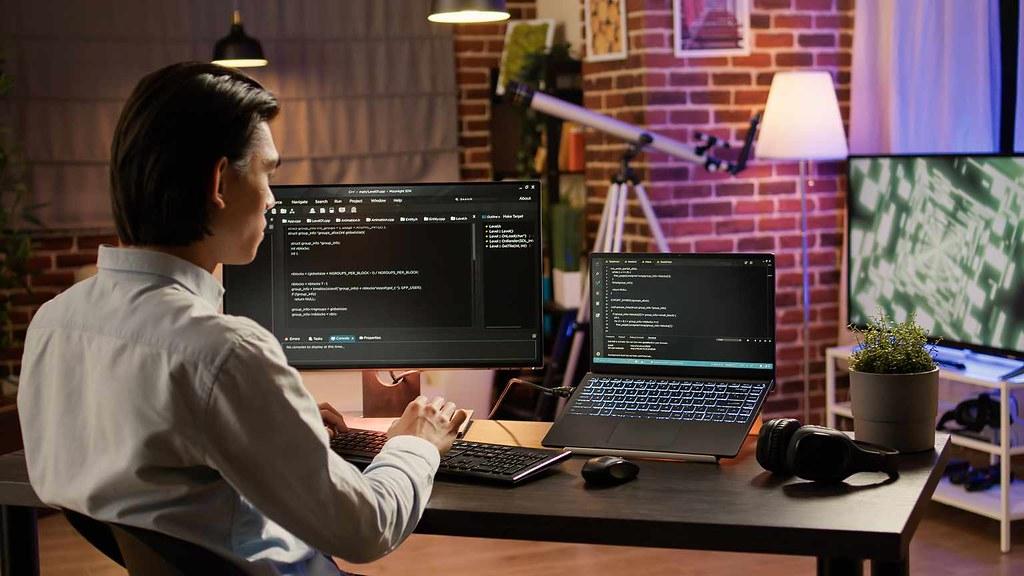
3. Understand Cryptonomics
Cryptonomics combines encryption and economics. You will use it to keep the information safe in your blockchain system.
So, learn how to develop solid cryptographic protocols. This skill requires a strong understanding of computer science and mathematics.
I often use hash and RSA algorithms to build my cryptographic protocols. The first option can grab data and make it more difficult to read. Meanwhile, the RSA helps me establish a secure data transmission.
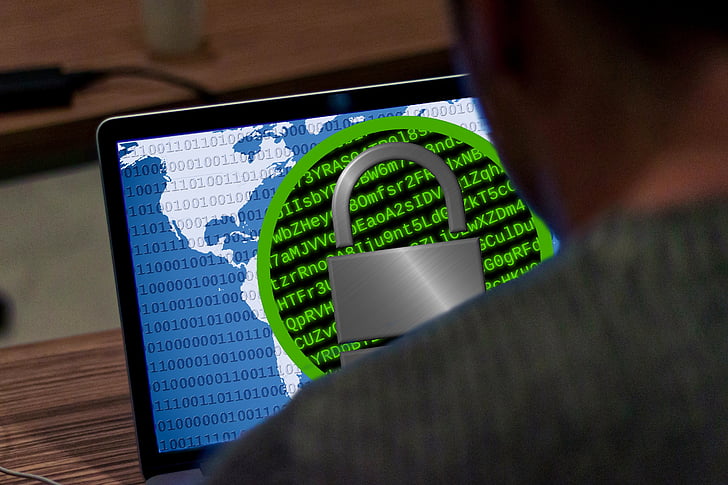
4. Learn blockchain platforms
There are many kinds of blockchain platforms, each with its own pros and cons. For example:
- Public platforms: These blockchains are open to everyone. They can be safe, but I don’t like the price and speed.
- Private platforms: You need permission to join these platforms. They are faster, cheaper, and less secure than public ones.
- Hybrid platforms: I often use hybrid platforms because they give me a balance of speed and security.
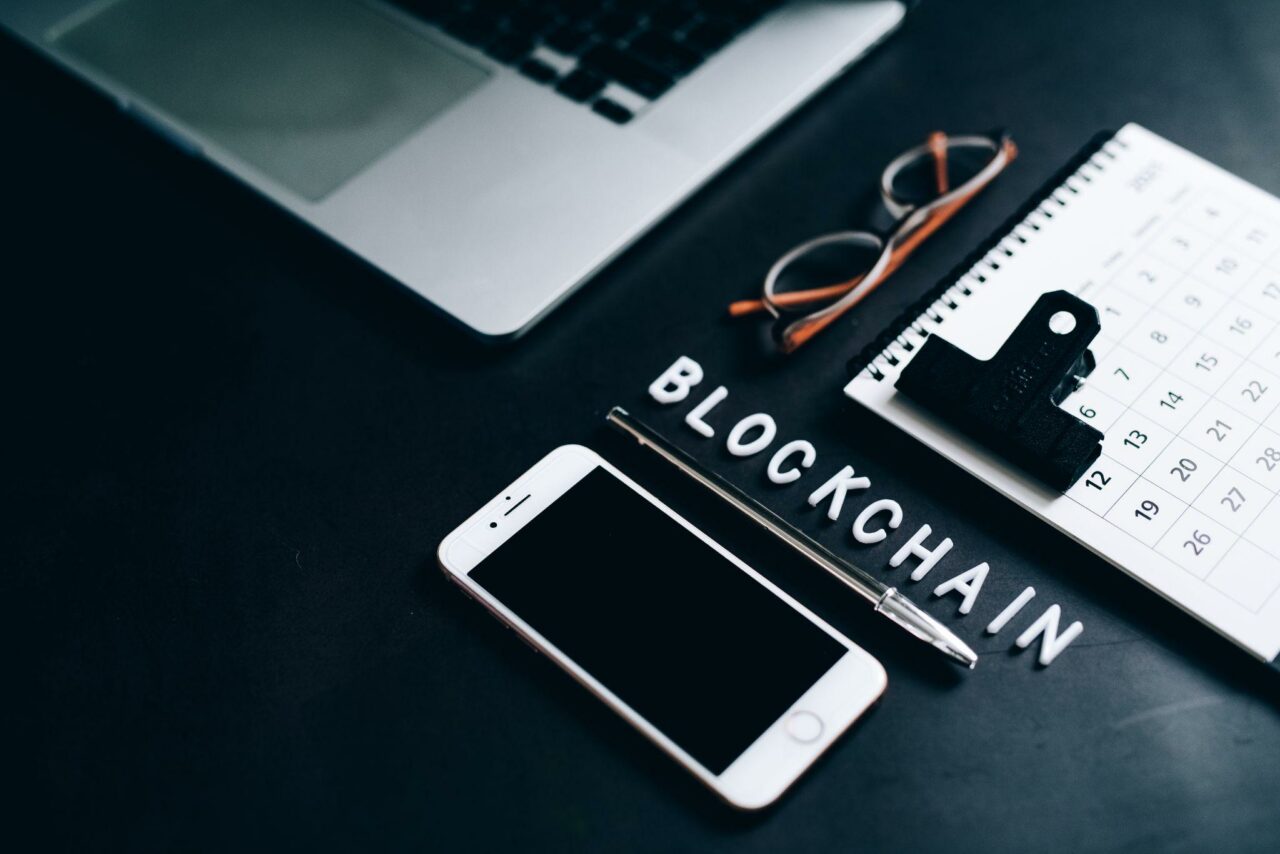
5. Learn Ethereum and dApps
Ethereum is, in fact, a decentralized blockchain platform. It can run smart contracts without any external interference or fraud. You can then store those smart contracts in your blockchain nodes in the Ethereum network. Yet, this process costs some money, as you must pay a fee called “gas.”
Meanwhile, dApps run on Ethereum using those contracts. Their back-end code operates on a decentralized network instead of a centralized server.
As a blockchain developer, you have to build dApps for a secure blockchain system. Another benefit is that those apps can serve industries. For example:
- Finance: dApps can allow for peer-to-peer transactions.
- Supply chain: The apps can also track the movements of products through the supply chain. Thus, they ensure accountability.
- Real estate: The purchase processes between sellers and buyers will become easier with the help of dApps.
- Education: You can use dApps to develop decentralized platforms for teachers and students to interact with each other.
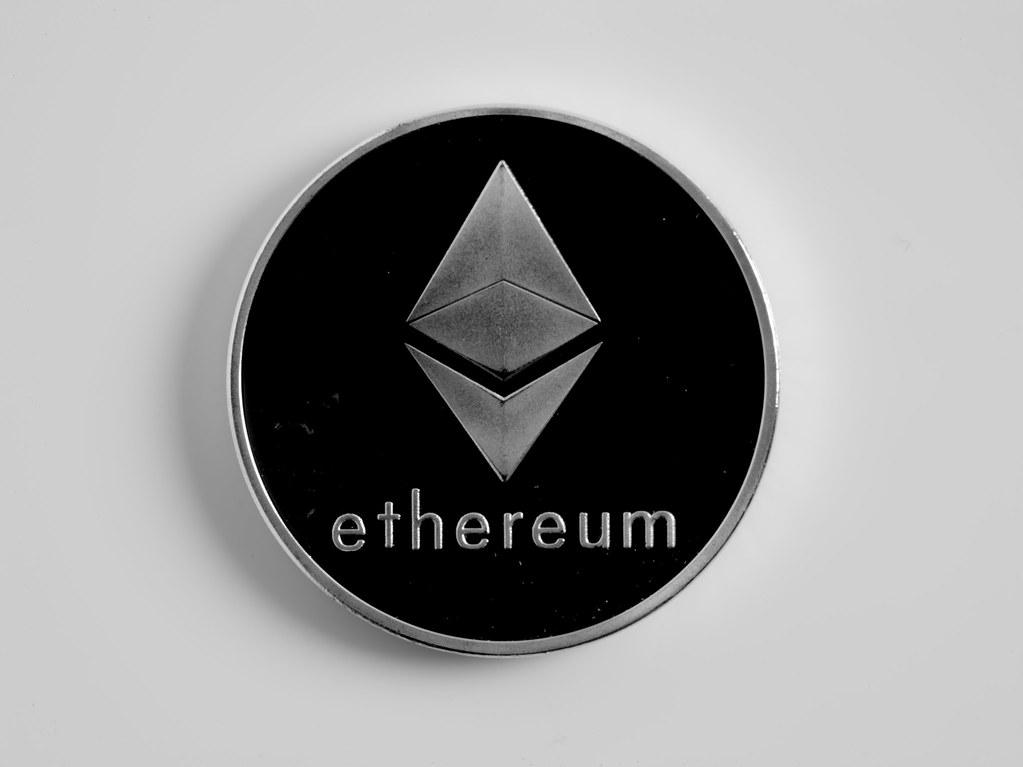
6. Take a blockchain course
Employers still need proof that you have learned about blockchain before testing your ability. Thus, I advise you to take blockchain courses to get certifications. They will surely make your resume stand out.
I have mentioned CBD and CED before. So check them and determine which suits your needs more.
7. Gain hands-on experience
Experience is also what employers want from their blockchain developers. You can even offer higher pay if you have been in the industry for a long time.
To gain experience, you can take an internship. The salary for an intern is low. Plus, your internship period only lasts a few months. However, aside from these two drawbacks, you have tons of benefits to expect.
First, you can apply what you have learned to real cases. Your skills will develop significantly within only a few weeks.
Second, you will work with other experienced blockchain developers. They can teach you many things that books don’t give.
Networking is another advantage of the internship. You will get to know more people in the industry. They may introduce you to job chances in the future.
Last but not least, you can even get a full-time job offer. I worked as an intern at my current company first. And after internship, I got promoted to full-time.
This path is advantageous for both employers and employees. On the employee side, you don’t have to spend time searching for a new job. And on the employer side, they prefer someone who has known their culture and working processes.

8. Apply for a job
Finally, apply for a blockchain developer job. This step sounds simple, right? But it may take a lot of time and even discourage you from becoming a developer.
Of course, with enough skills and knowledge, you can easily find a job. However, it should also suit your salary requirements and growth prospects.
Many job search websites post job openings every day. You can filter them by salary, location, and other factors. This tool helps you settle on suitable options.
If you have your favorite company, visit their website often. They have a “Careers” or “Jobs” section.
Networking also comes into play now. You can ask your friends or old colleagues if they know of any job opportunities.
My last piece of advice is to be patient! You have gone through many things to reach this far. So, while waiting for a chance, keep learning! When you find the right job, you are also ready to take it.
Blockchain Developer Salary and Job Growth
Blockchain development is in high demand. Companies can take advantage of its decentralization quality, and security features are also its benefits.
Blockchain developers are well-paid because of their important role. In 2023, on average, they can earn about $105,047 per year.
Benefits of Becoming a Blockchain Developer
There are lots of benefits to working as a blockchain developer. For example, you can receive generous pay and good bonuses.
Moreover, as a blockchain developer, you can contribute to developing advanced technologies. This kind of satisfaction will encourage you to work harder.
FAQs
Is being a blockchain developer a good job?
Yes. This job is promising because of the high demand. You can, therefore, have many job opportunities. The high salary is another plus.
How long will it take to become a blockchain developer?
It depends on your chosen path and prior experience. If you are new to programming, you have to learn it first. Meanwhile, learning blockchain technology will be easier if you are already a coder. In general, you may need three months to three years to become a good blockchain developer.
What are the differences between a blockchain developer and a blockchain engineer?
Both experts work with blockchain technology. However, there are some differences between them:
- The blockchain developer creates and maintains the base code for a blockchain app. Meanwhile, the blockchain engineer is in charge of the whole architecture of the app.
- Programming is the core of a blockchain developer. On the other hand, a blockchain engineer has to work with mechanism design and game theory.
4. Can I become a blockchain developer without a degree?
Yes. You can take online courses and gain experience to become a blockchain developer instead. Yet, some employers prefer their candidates to have a degree.
Conclusion
There are eight steps to take. They involve the skills, experience, and knowledge needed to work as a blockchain developer. It seems like a lot, but you can only succeed by following all the steps.
So go ahead and chase your dreams! Finally, you can enjoy all the fruit of your hard work!
